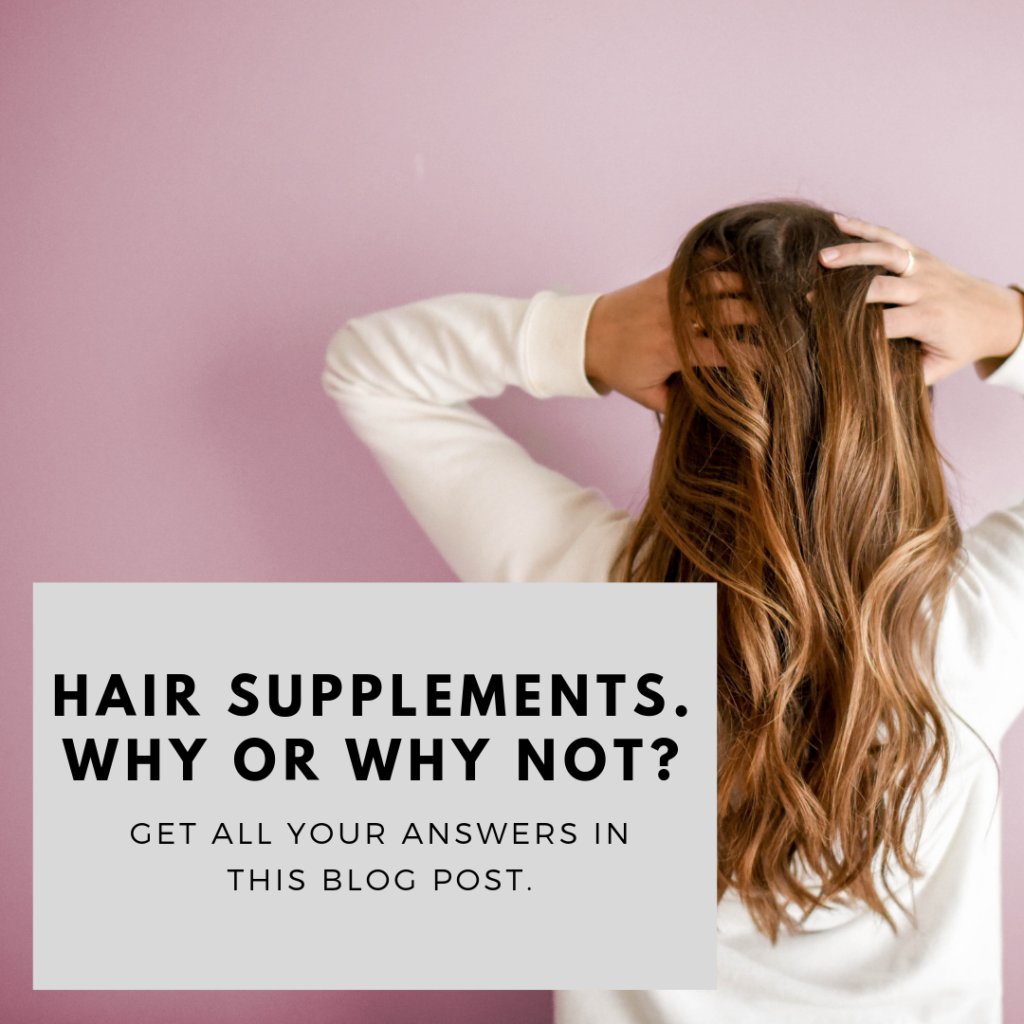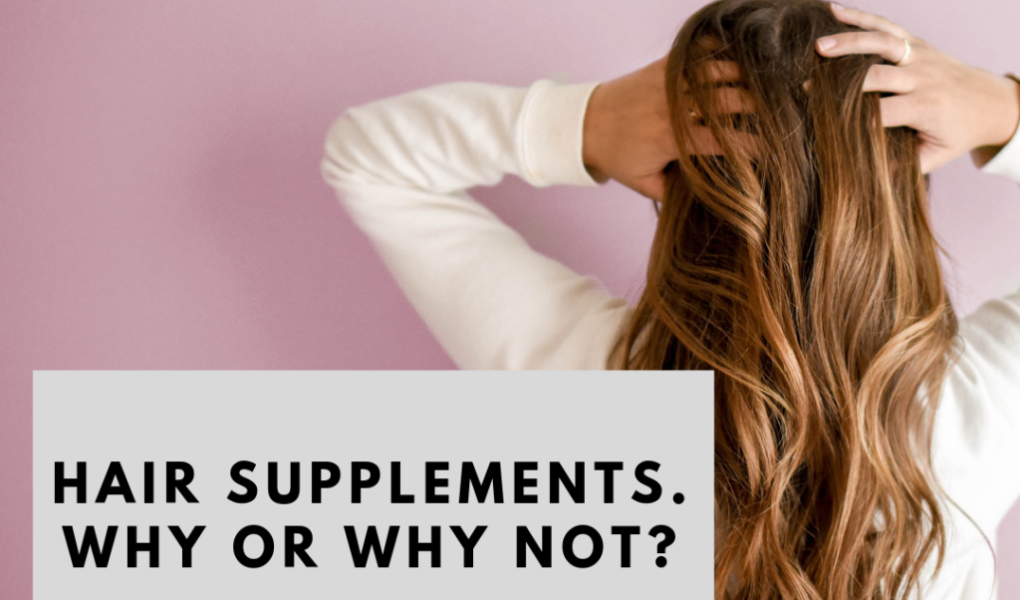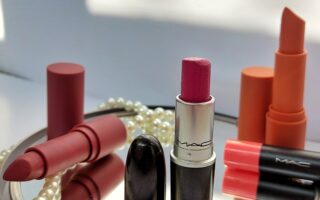Should I take hair supplement? If Yes, then which Hair Supplement to take? Why shouldn’t I take Hair Supplement? Answers to all these questions and more.

Dietary Supplements can be beneficial to your health — but taking supplements can also involve health risks. The U.S. Food and Drug Administration (FDA) does not have the authority to review dietary supplement products for safety and effectiveness before they are marketed.
www.fda.gov
Hair, Skin, and Nail supplements industry is a booming industry as of today, thanks to the obsession to get a quick fix for The perfect body. Be it hair, skin, nail or body weight, we want it to be perfect without doing much about it. While it’s not completely bad to take supplements but taking it blindly without doing your research can do more harm than good.
What are Health/Dietary supplements?
Health/Dietary supplements include ingredients such as vitamins, minerals, herbs, amino acids, enzymes, etc. Dietary supplements might be in the form of tablets, capsules, soft-gels, gel-caps, powders, or liquids.
What are Hair supplements?
Supplements that contain ingredients that help in promoting the growth of hair are called Hair Supplements. These might contain antioxidants such as vitamins A, C, and E, or Coenzyme Q10, biotin, a B-complex vitamin,
fatty acids, etc.
Is there any risk involved in taking supplements?
Yes. Many supplements contain active ingredients that have strong biological effects in the body. This could make them unsafe in some situations and hurt or complicate your health. For example, the following actions could lead to harmful – even life-threatening – consequences.
- Combining supplements
- Using supplements with medicines (whether prescription or over-the-counter)
- Substituting supplements for prescription medicines
- Taking too much of some supplements, such as vitamin A, vitamin D, or iron.
- Some supplements can also have unwanted effects before, during, and after surgery. So, be sure to inform your healthcare provider, including your pharmacist about any supplements you are taking.
Does that mean all Hair supplements are a waste of money? Or are there any that might actually be beneficial?
Not really. You need to understand “When to take supplement” and “Which Supplement to take”. Since supplements aren’t regulated by FDA, you need to be very careful while selecting one. These supplements will help only if you are lacking in any of the vitamins related to hair growth.
www.consumerreports.org
According to Michele Green, M.D., of RealSelf, the ingredients in supplements all work in conjunction with one another to provide the nutrients essential for healthy cell regeneration. “Biotin strengthens the hair and increases its density,” Green says. “Fish oil makes hair and nails shiny and is a great anti-aging supplement, as the omega oils found in fish oil stimulate collagen production and overall appearance of the skin.”
Supplements are amazing—but.. for some people.
Now, what you need to understand is, if supplements were such a cure-all, wouldn’t everyone be taking them? In reality, supplements have been proven to work, but only for people with health concerns that interfere with their ability to absorb nutrients. One supplement might work perfectly for a person but might cause some serious illness to other, when it comes to supplements there is nothing like one-size-fits-all! So, what you need to do is to analyze your health and then select a supplement or consult a doctor before you start taking it.
Remember, supplements aren’t heavily regulated by FDA.
Remember, since supplements aren’t really regulated by FDA, you have to ensure that you know what you are taking. Hence, some inferior quality supplements might contain substances that not listed on the label or have much less or more of an ingredient than promised. For example, in 2008, one brand of multivitamin was found to have 200 times the labeled concentration of selenium.
If I really want to take supplements, how do I select one?
“Shopping for vitamins can be tricky,” Green says. “You want to be sure the label says they’re 100 percent natural and list all-natural ingredients with no synthetic fillers.”
Michele Green, M.D., of RealSelf
Since there’s no evidence that supplements are actively bad for hair, skin, and nails, not to mention the evidence that they’ve helped at least a few people, supplements are probably worth a shot if you’re interested in them. Be a savvy supplement user. Here’s how:
- When searching for supplements on the internet, use noncommercial sites (e.g. NIH, FDA, USDA) rather than depending on information from sellers.
- If claims sound too good to be true, they probably are. Be mindful of product claims such as “works better than [a prescription drug],” “totally safe,” or has “no side effects.”
- Be aware that the term natural doesn’t always means safe.
- Ask your healthcare provider if the supplement you’re considering would be safe and beneficial for you.
- Always remember – safety first!




The latest Free stuff, freebies, free samples, free trials, prize draws, competitions, discount codes, vouchers, http://www.cravefreebies.com/free-samples/ coupons and hot deals from the UK.
Great post!
Nice post. Very well written and very informative 🙂
Thanks! Are you on tiktok? If so add me!
Oh wow! I love using flowers too
Very well written,